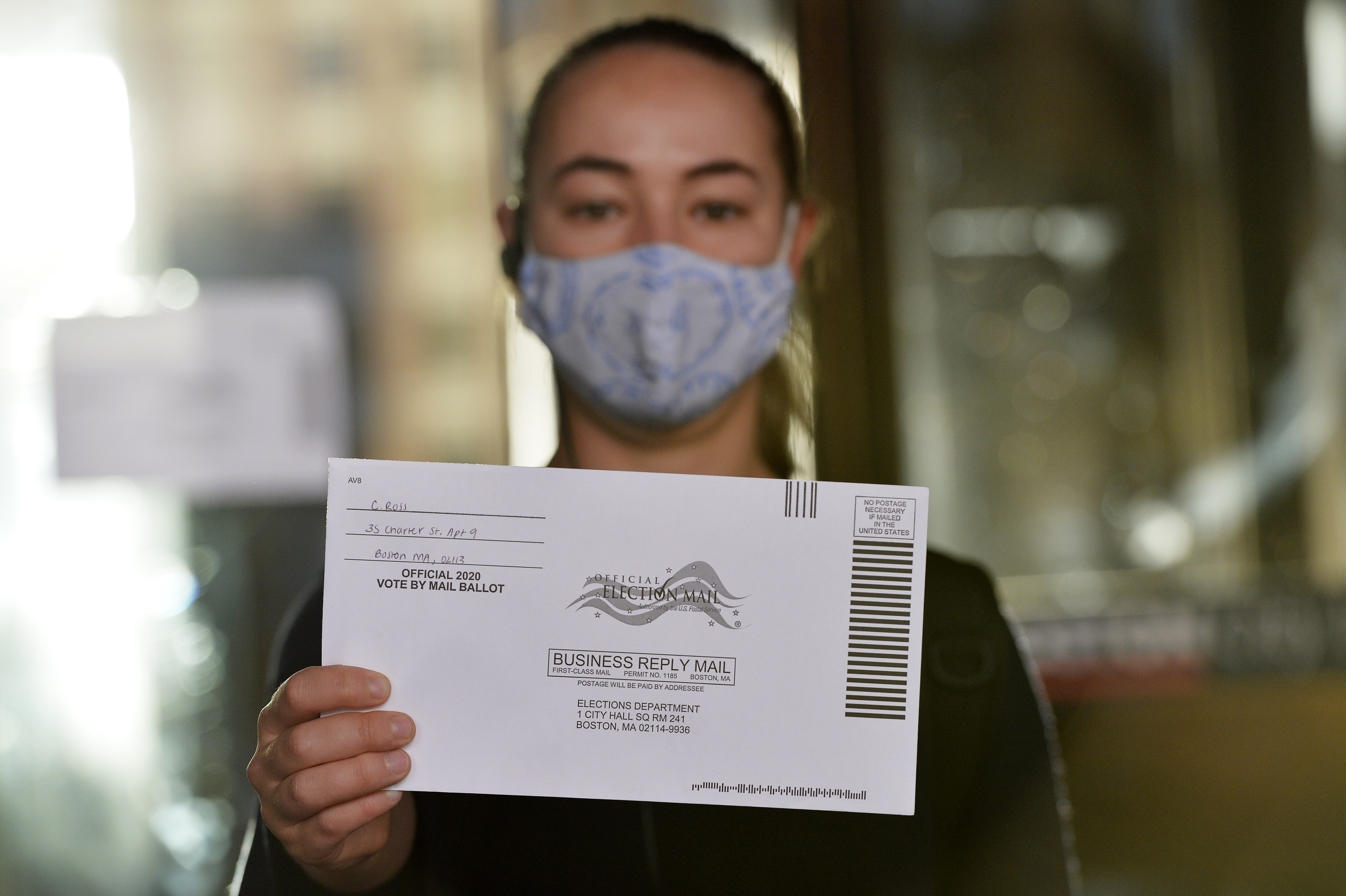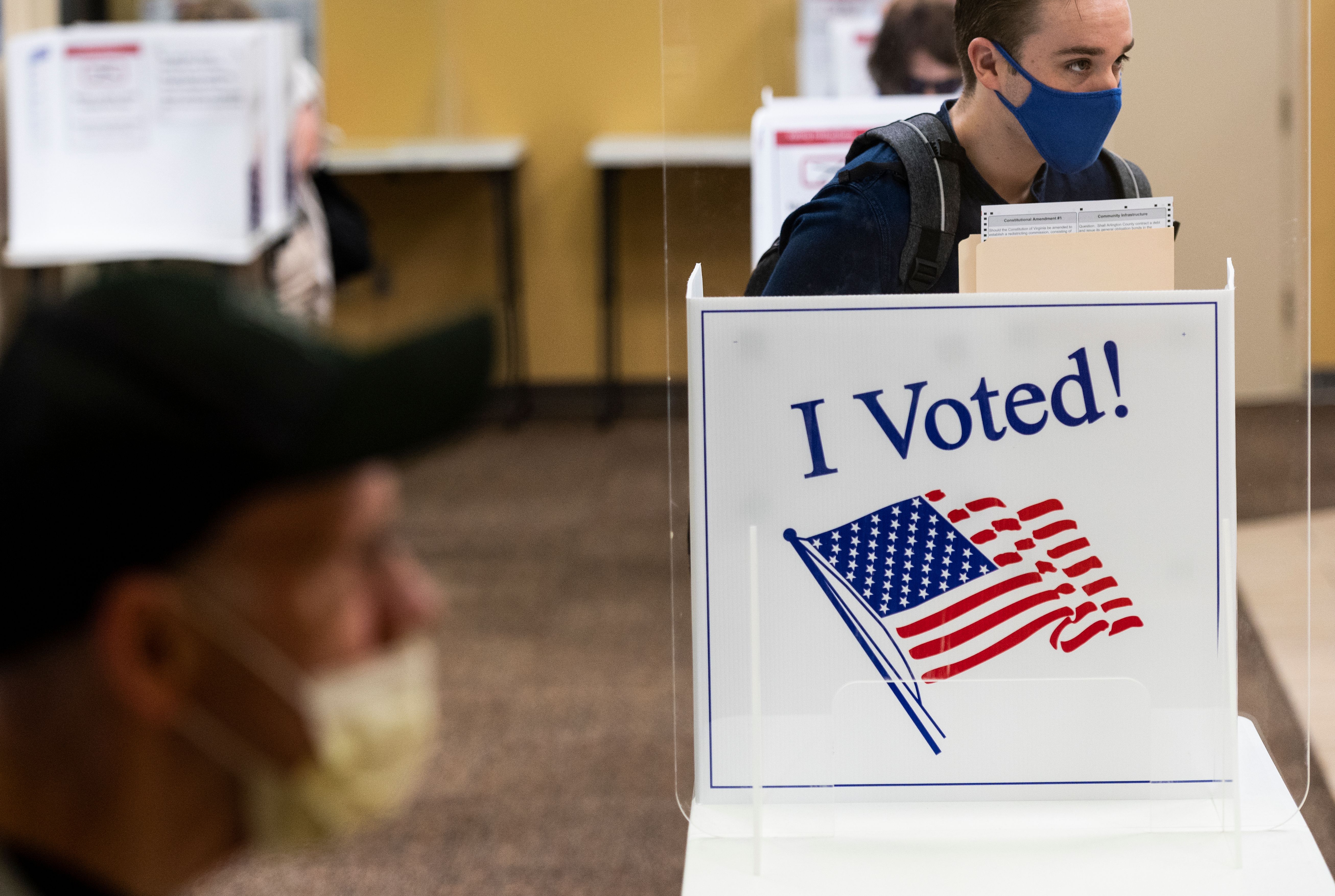This fall, Massachusetts residents will decide whether to approve ranked-choice voting.
Question 2 would change the way votes are tallied, with no candidate able to win without a majority of the vote.
"It's incredibly straightforward and it gives more voice to voters," said Jesse Mermell of Voter Choice MA.
Mermell, who placed a close second to Jake Auchincloss last month in the Democratic primary for the 4th Congressional District, says she frequently heard voters say they felt they had to play political pundit trying to choose among the eight candidates.
More on Massachusetts' ballot questions
"'Who do I vote for?' 'Who has the best chance of winning?' 'Who do I vote for that blocks this person I may not like?'" Mermell listed. "As opposed to just voting for the candidate that inspires them."
"It just seems to go against the principle of one person, one vote," argued Republican State Committeewoman Amy Carnevale.
Carnevale says ranked-choice voting goes against the 240-year-old state system that says the candidate who gets the most votes wins.
"Most concerning to me, it really opens up the opportunity for the rigging and gaming of elections," Carnevale said.
Here's how it works:
If, for example, there were three people on the ballot, voters would rank their first, second and third choices.
If one candidate gets more than 50%, that person wins and the process is over.
If 50% isn't reached, the candidate with the fewest votes is eliminated.
In the second round, everyone who selected No. 1 for the eliminated candidate will have their ballot recounted with their No. 2 vote.
The No. 2 votes get added to the totals, and this continues until one of the candidates reaches more than 50%.
"I really think it has the opportunity to add a lot of confusion and chaos into our voting system," Carnevale said.
"If you can look at the five teams in the AL East and rank who's your favorite, the Red Sox, who's your least favorite, obviously the Yankees, you can do this," Mermell countered.
Ranked-choice voting would not apply to municipal races or the presidential election. Both sides say it is not a partisan issue.



